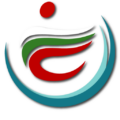202(4) Skills
Training Course
11.07.-22.07.2025.
Elafonisos, Greece
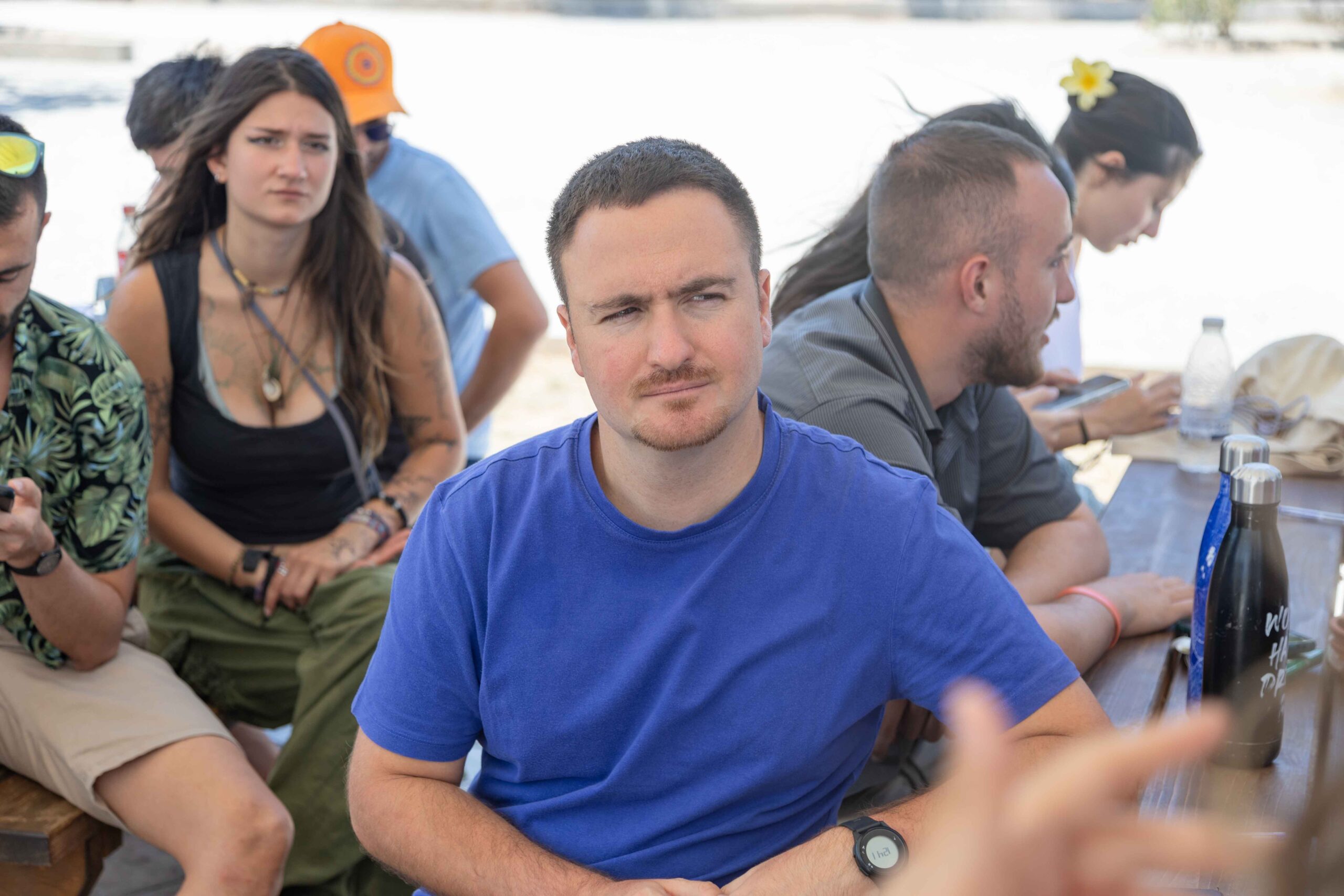


Objectives
The 202(4) Skills project aimed to strengthen the capacity of youth workers to respond to today’s evolving challenges. It focused on three key areas: digital literacy, environmental sustainability, and inclusive youth work. The goal was to support youth workers in guiding the next generation through meaningful, relevant, and future-focused methods.
Participants gained tools to better navigate and lead in a digital world, learned how to embed sustainability into their programs and personal practices, and explored how to build inclusive environments that reflect the diversity of young people in Europe. The project also encouraged cross-border collaboration, promoted active participation in Erasmus+ programs, and offered a space to reflect on and raise the quality of youth work across different national realities.
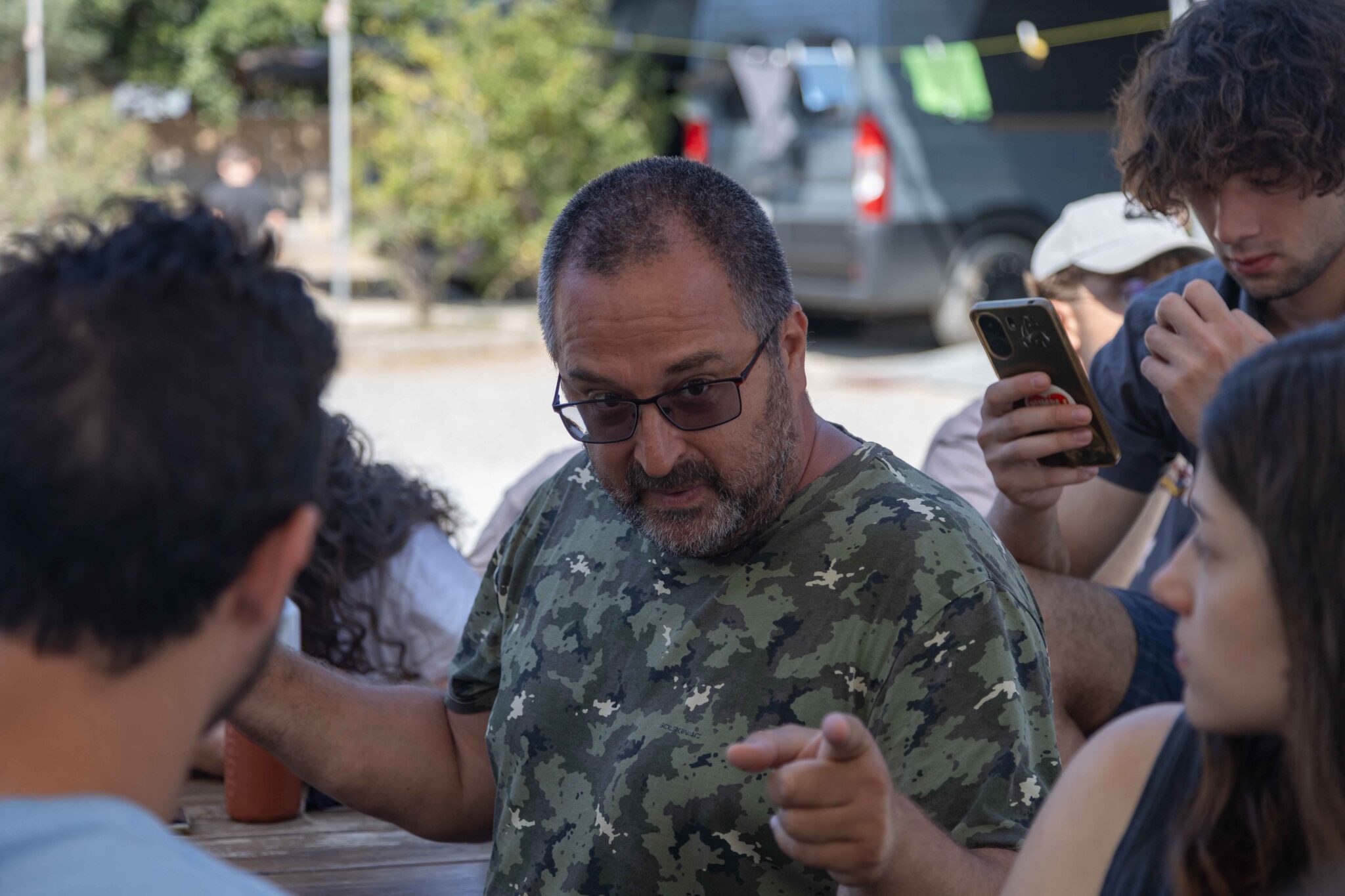

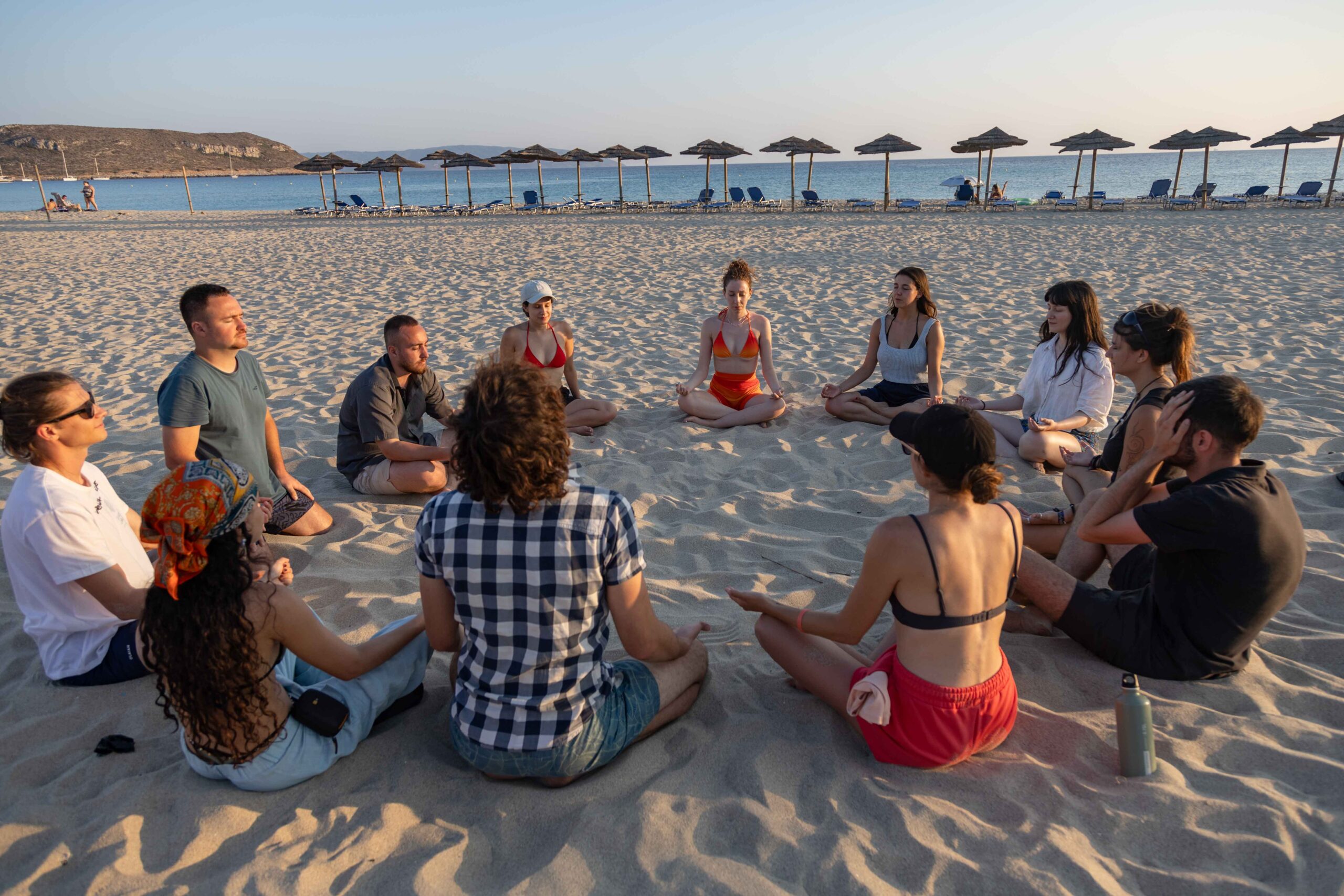
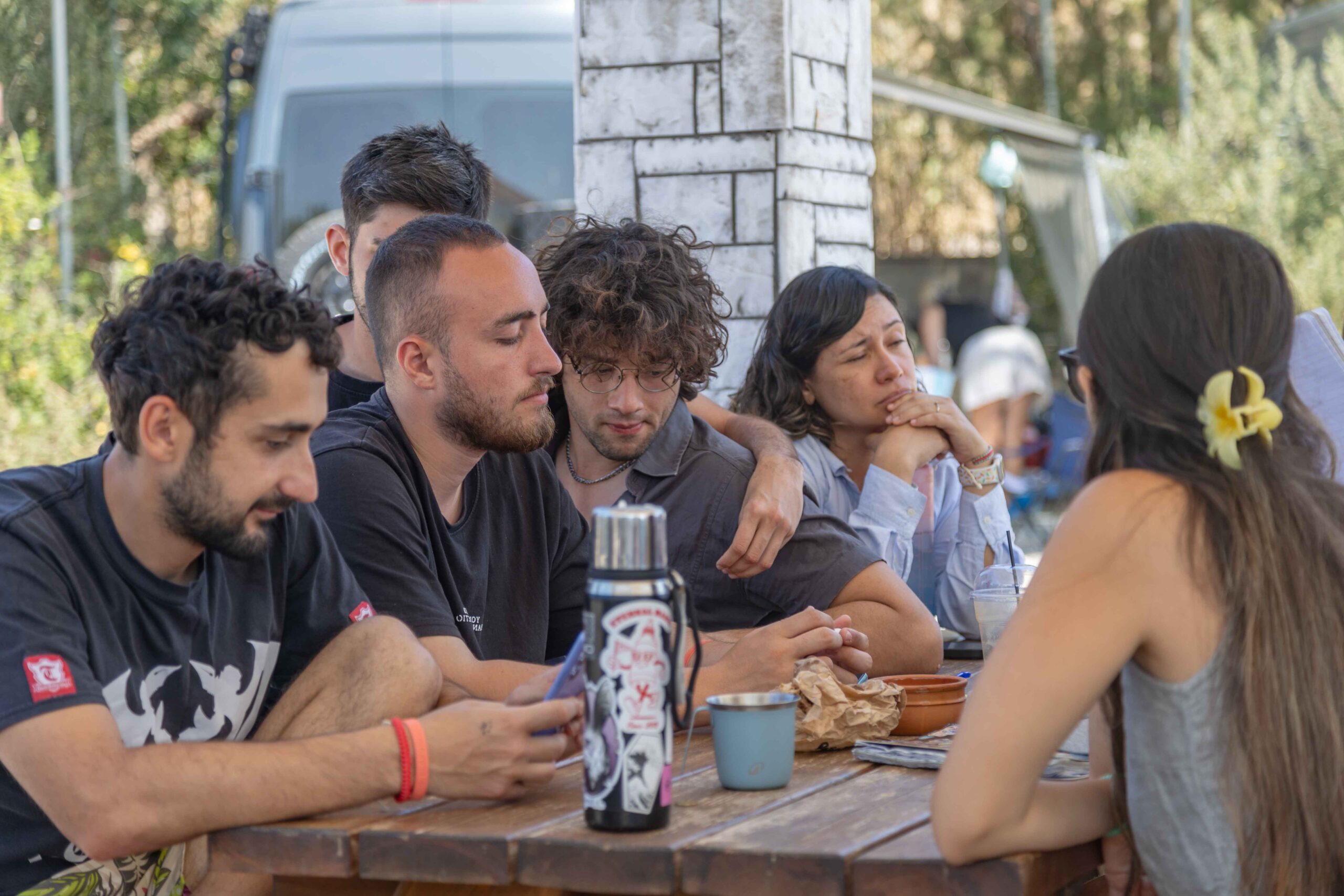
Results
Through a dynamic mix of workshops, group projects, and field discussions, the training helped youth workers deepen their understanding of how to use digital tools effectively in non-formal education settings. They explored how technology can support—not distract from—human connection and learning.
Environmental consciousness was integrated into the entire experience, from the content of the sessions to the way the program was organized. Participants looked at the role youth workers can play in promoting eco-responsibility, and how small changes in youth work settings can lead to larger shifts in mindset and behavior.
A major focus was placed on inclusion—both as a topic and as a practice. Discussions centered around equity, accessibility, and designing programs that are welcoming to all, especially young people who are marginalized or underrepresented.
By the end of the mobility, the group didn’t just leave with new skills. They left with a clearer sense of direction in their work, stronger European connections, and a commitment to shaping more inclusive, sustainable, and forward-thinking youth programs.
